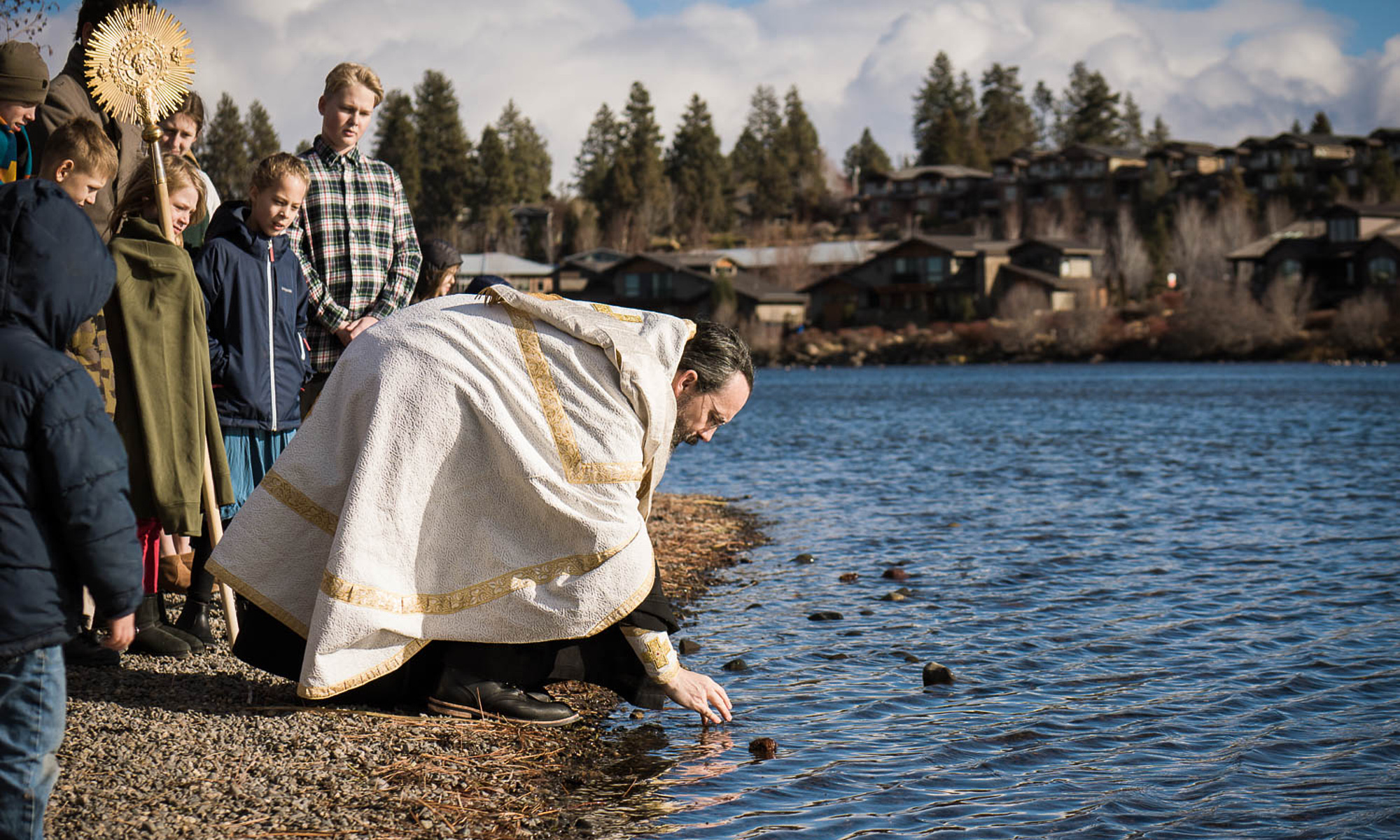I just love the interaction between Christ and the lawyer that we see in Luke 10. Christ asks: “What is written in the Law? How do you read it?” The lawyer replies: “You shall love the Lord your God from all your heart, and with all your soul, and with all your strength, and with all your mind, and your neighbor as yourself.” Christ says: “You have answered correctly. Do this and you will live.”
This man is an expert in the Law; he knows his stuff, and more than that, he has a right understanding and a good interpretation of it. He understands that these two “laws”—neither of which come from the Ten Commandments, nor even from sections that we would usually consider law—that these two truly encompass the whole law of God. “Do this and you will live.” The parable that Jesus tells is to re-emphasize the rightness of what the lawyer said, but also to lead him to a full understanding of those two “laws”.
Continue reading “Apply Wine and Oil”